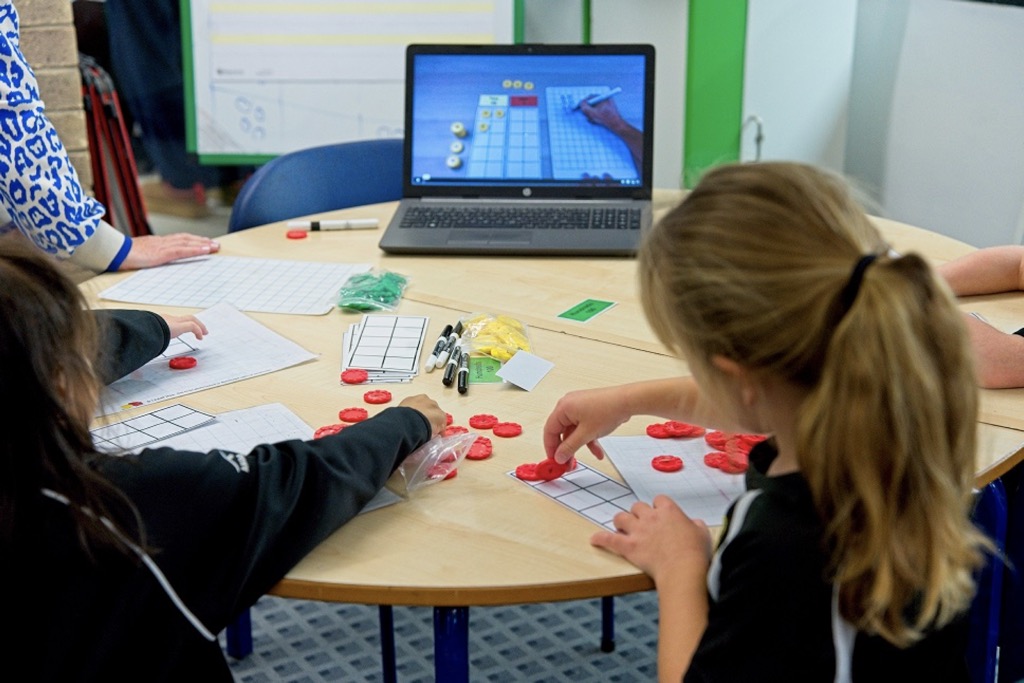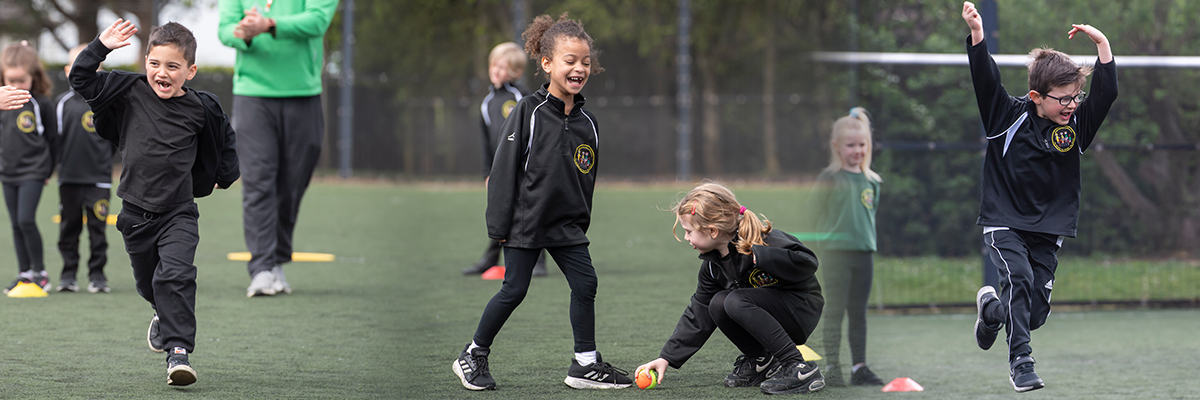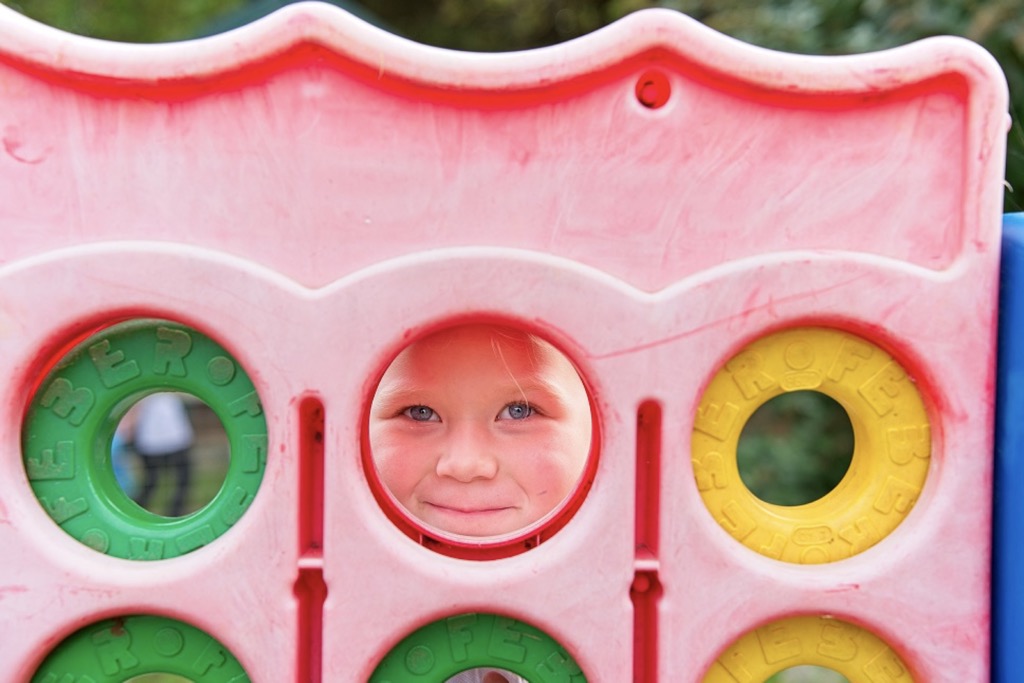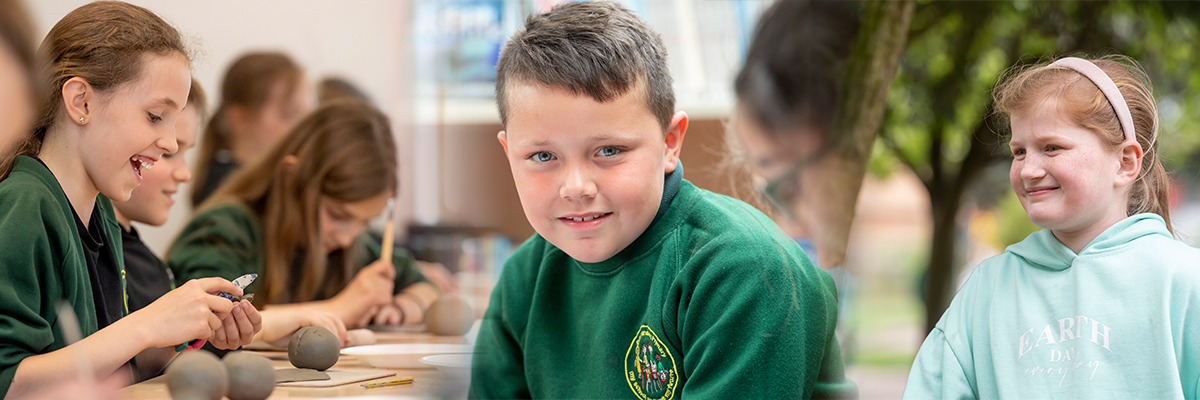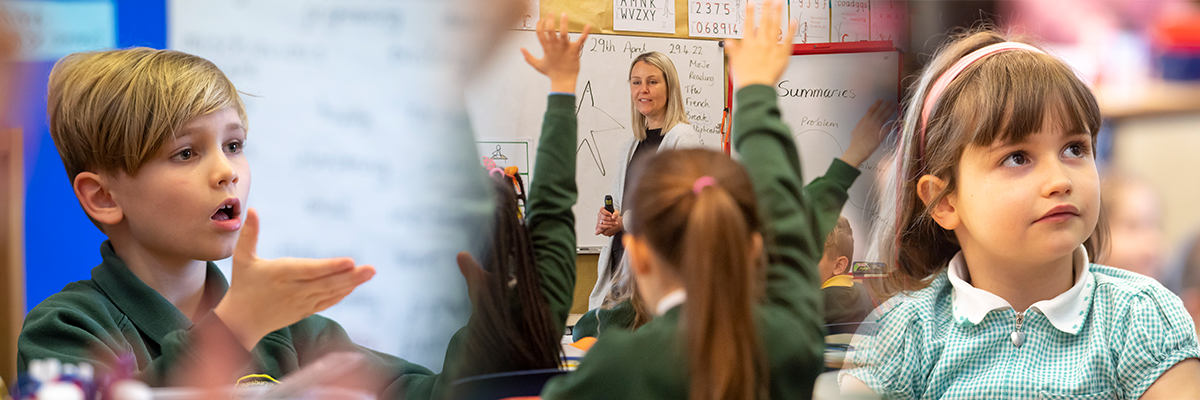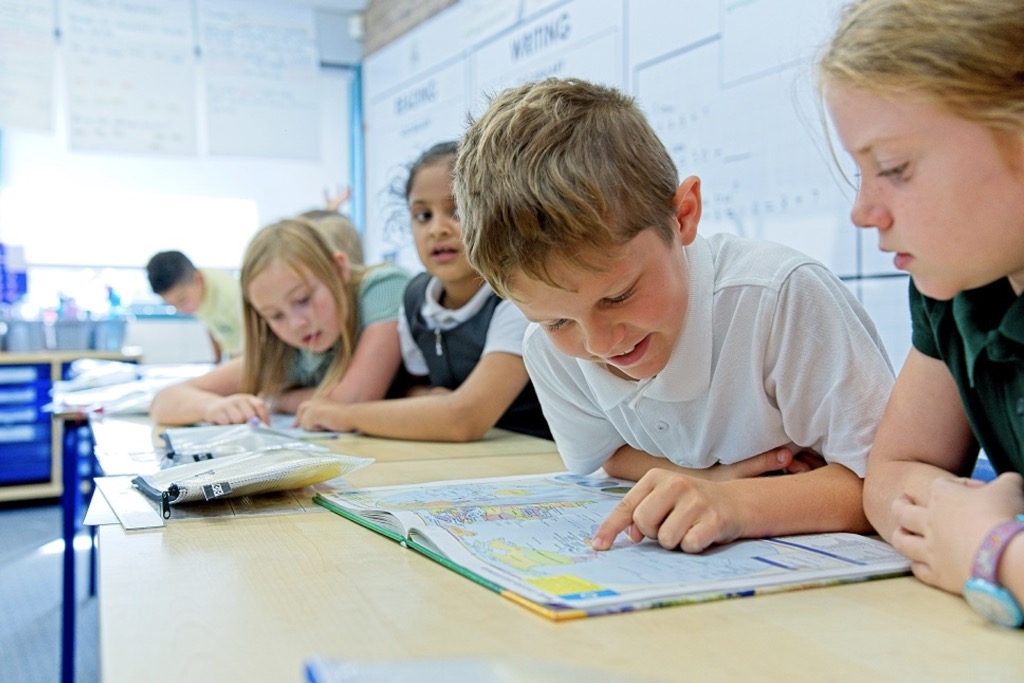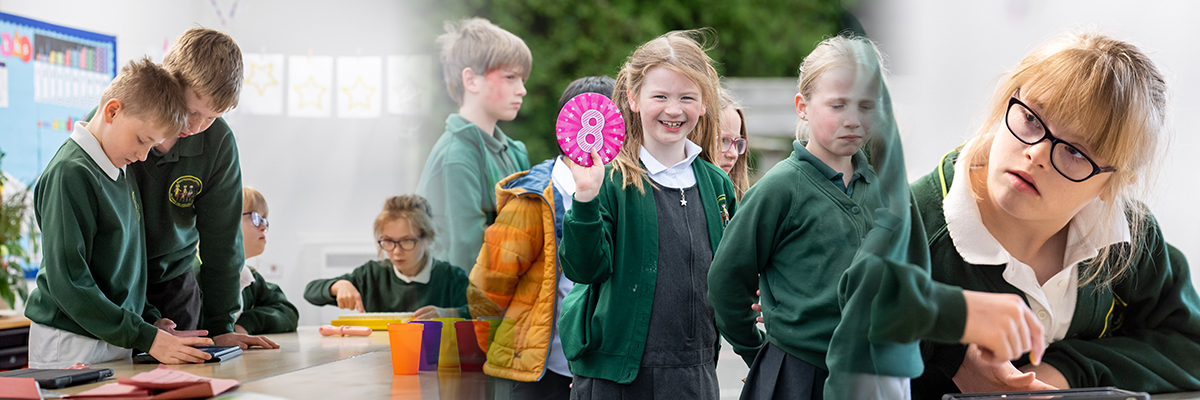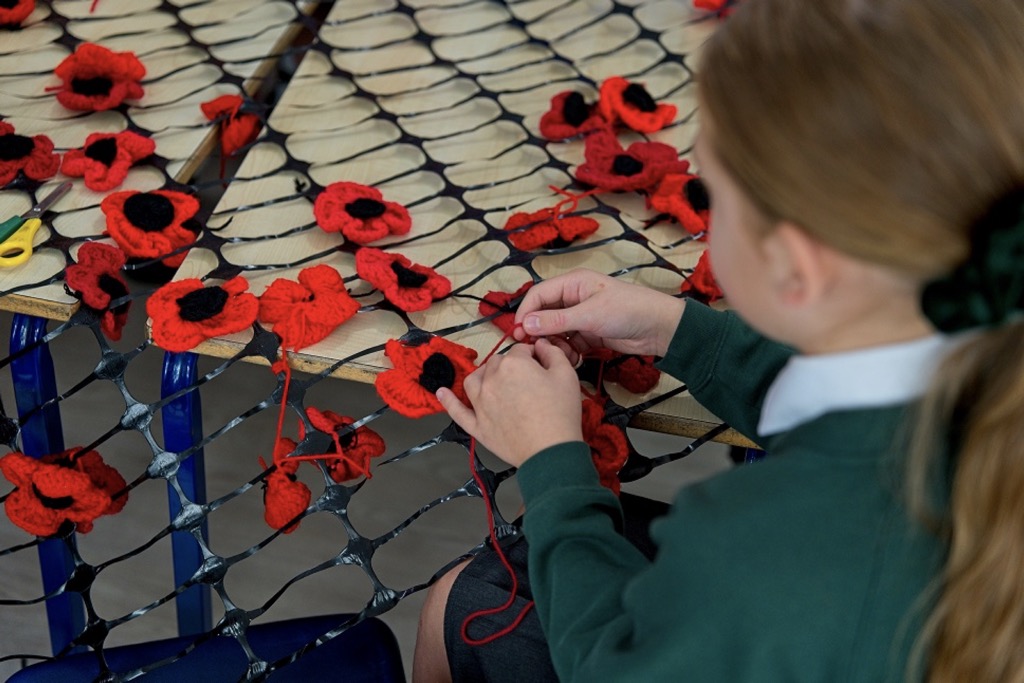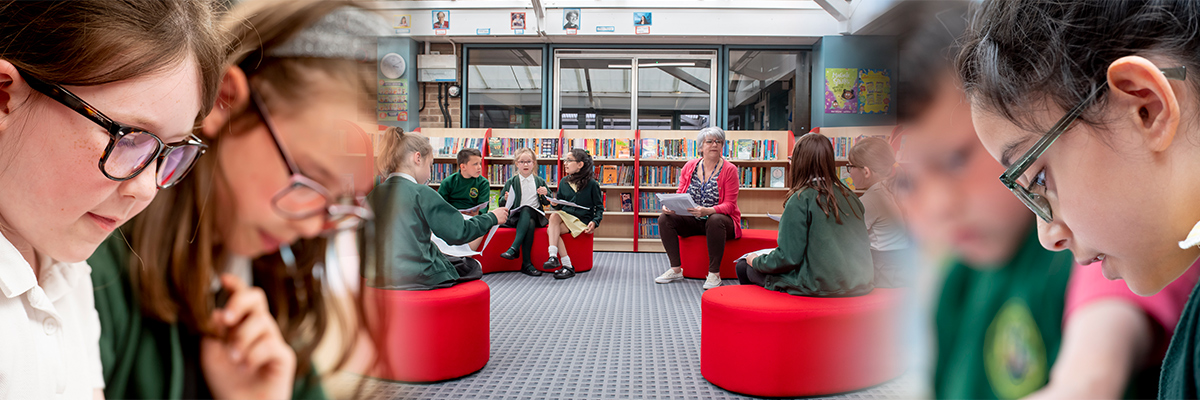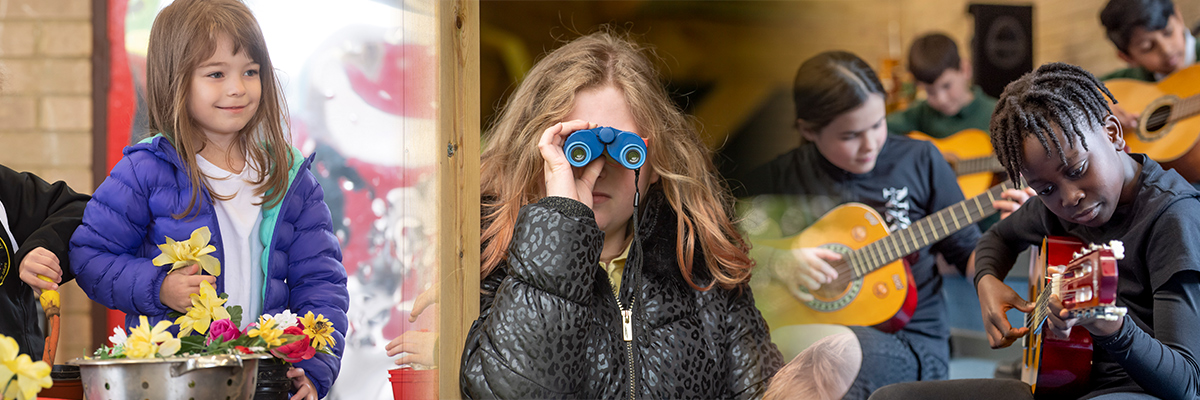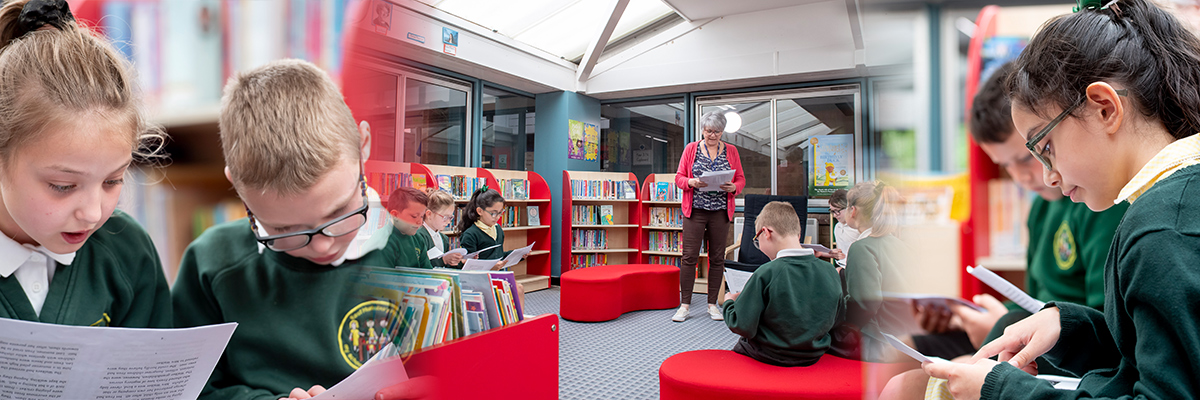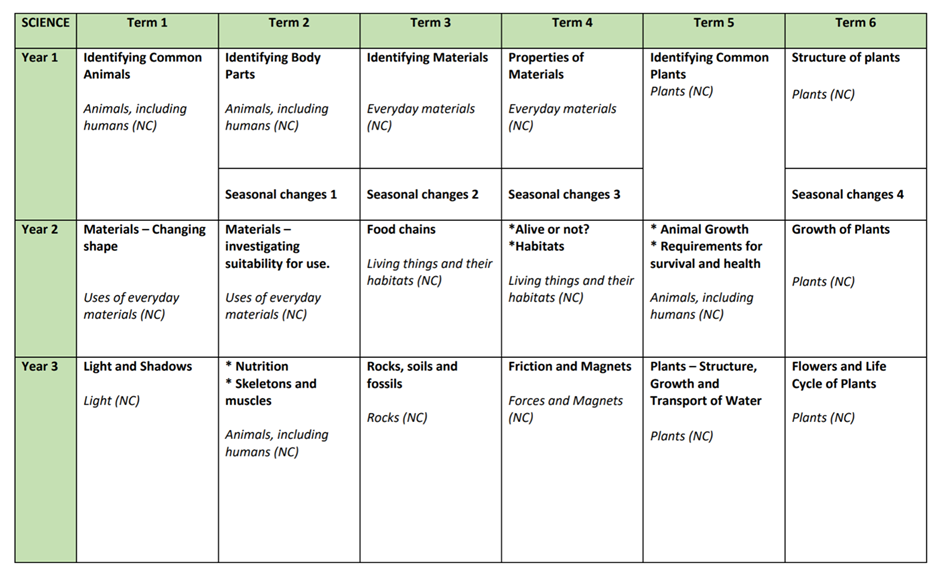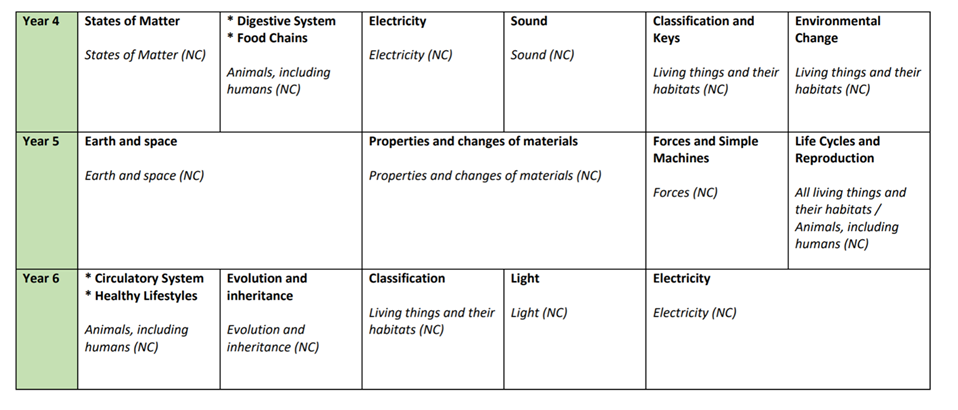Our Curriculum : Science
It is our intention to provide a diverse, knowledge-rich science curriculum which inspires our pupils to develop a fascination for and a deep understanding of the world around them. Our curriculum is aspirational, enabling and inclusive and ensures all children will:
- Learn a wide body of scientific knowledge which fosters scientific curiosity.
- Understand how science affects their everyday lives and develop a sense of responsibility for the world.
- Make confident, meaningful links between their learning, the wider curriculum and the real world.
- Understand what it means to study science and how this can influence their thoughts and actions both now and in the future.
- See themselves as scientists and understand the role of a scientist in society.
- Learn science through first-hand experiences - observe science in the real world and embed their scientific learning into meaningful contexts through scientific enquiry and enrichment opportunities.
- Be prepared for the next stage in their scientific learning.
Throughout our science curriculum, learning is purposeful and, through the acquisition of knowledge and scientific enquiry skills, children will develop a solid understanding of scientific concepts and the relevance of these to the world in which they live. We intend for our science curriculum to be guided by six principles:
- Curiosity – Children are encouraged to be curious, ask questions and be inquisitive about science and the world around them.
- Purpose - Disciplinary and substantive knowledge are sequenced to ensure a progressive curriculum which builds on prior knowledge and is informed by assessment.
- Inclusivity - Learning is inclusive and challenging for all; learning experiences are adapted to ensure all individual learning needs are met.
- Inspiration - Children experience science in a real-life context through practical enquiry and enrichment opportunities which enable them to see the relevance of their learning.
- Connectiveness - Teaching and learning exposes the links between science, the wider curriculum and the real world, such as engineering and medicine.
- Aspirational - Children see themselves as scientists. They understand the role that scientists play in our understanding of scientific concepts and are aware of the scientific careers available to them.

